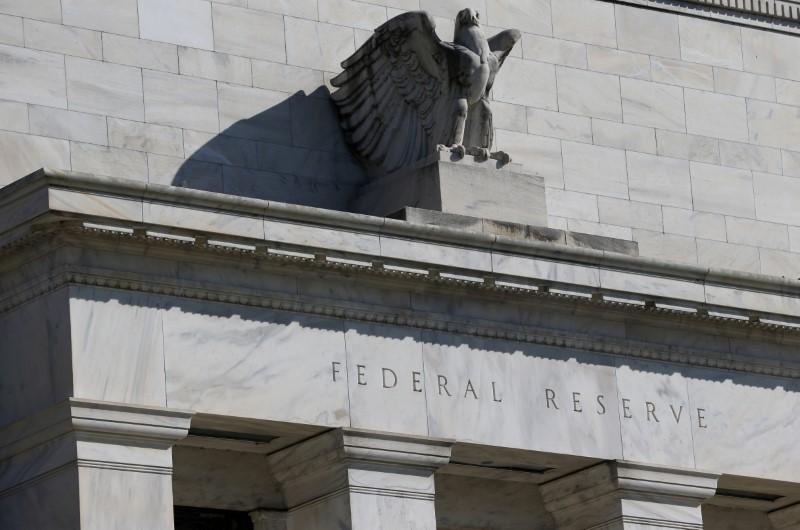WASHINGTON (Reuters) – U.S. Federal Reserve and Trump administration officials over the last week have greased corporate and bank financial markets, freed up half a trillion dollars for central banks in other countries, and pledged to keep major industries such as the airlines afloat.
FILE PHOTO: Federal Reserve Board building on Constitution Avenue is pictured in Washington, U.S., March 19, 2019. REUTERS/Leah Millis -/File Photo
Can they rescue the neighborhood bar?
The Fed said Monday it is working out the details for what has become a central issue in efforts to build an emergency economic plan of unprecedented scale and speed.
As part of what has rapidly become its broadest-ever effort to keep the U.S. economy afloat in a crisis, the Fed said it would roll out soon a “Main Street Business Lending Program” to complement congressional efforts to expand lending by the Small Business Administration.
The details are still being worked out, but the Fed said it intends to ensure that businesses from the smallest to the largest can get the credit they need to survive a sharp drop in business as “social distancing” forces retailers, restaurants and bars to close their doors.
“The Federal Reserve is committed to using its full range of tools to support households, businesses, and the U.S. economy overall in this challenging time,” the Fed said in a statement.
The Fed’s efforts fill a new set of gaps in the emerging economic response to the crisis. Congress already has approved paid sick leave for more workers and broader access to unemployment benefits. Trillion-dollar plus follow-up proposals include cash grants for most adults.
A Senate bill proposed by the Republican leadership includes $350 billion in loans for small busin

